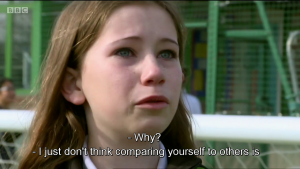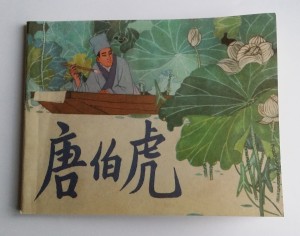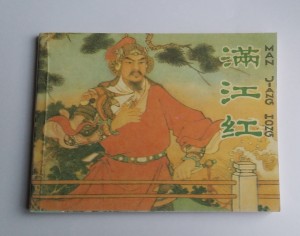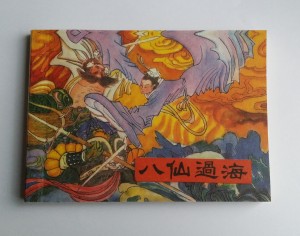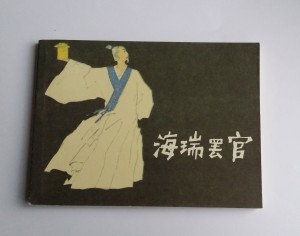In a typical WordPress website, you see this line in the page footer:
“Proudly powered by WordPress”
This line links to WordPress website. The official Chinese translation of this line is:
“自豪地采用WordPress”
I’m using WordPress in several of my websites and I found it’s annoying: It’s a word to word translation and it’s simply not what we Chinese would say when we want to attribute something to someone. After some thinking, I think the appropriate translation should be:
低调地使用WordPress
“采用”emphasis the choosing of WordPress, “使用”emphasis the fact we are using WordPress right now.
The message is clear and typical Chinese: I’m a humble webmaster. All the glories go to WordPress.
So I set out to change the translation. It turned out to be rather complicated, but here’s how I finally accomplished it:
- Create a child theme of your current theme, because you’ll have to rewrite its logic and you don’t want your effort to be overwritten by an upgrade of that theme. The procedure of creating a child theme can be found here.
- In your function.php file, add the following lines:
[code language=”php”]
function change_attribute_line( $translated_text, $text, $domain ) {
switch ( $text ) {
case ‘Proudly powered by %s’ :
$translated_text = __( ‘低调地采用%s’);
break;
}
return $translated_text;
}
add_filter(‘gettext’, ‘change_attribute_line’,20,3);
[/code]
That’s it.
Notice that I search for $text instead of $translated_text. You can also search for $translated_text. That would be:
[code language=”php”]
switch ( $translated_text ) {
case ‘自豪地采用%s’ :
$translated_text = __( ‘低调地使用%s’);
break;
}
return $translated_text;
[/code]
I search for $text because I assume (I’m not sure) search for non-unicode string will be faster.
It’s worth noting that both strings have placeholders in it. Initially I was trying to search the whole string, “Proudly powered by WordPress” or “自豪地采用WordPress” and failed. The fact that the above code works tells us, gettext() and its filters are called before the placeholders get replaced. I spent a lot of time figuring this out. It’s not mentioned in the document, nor did anyone post this on the web. This is actually the key reason why I write this post. Someone from WordPress should update the document.

